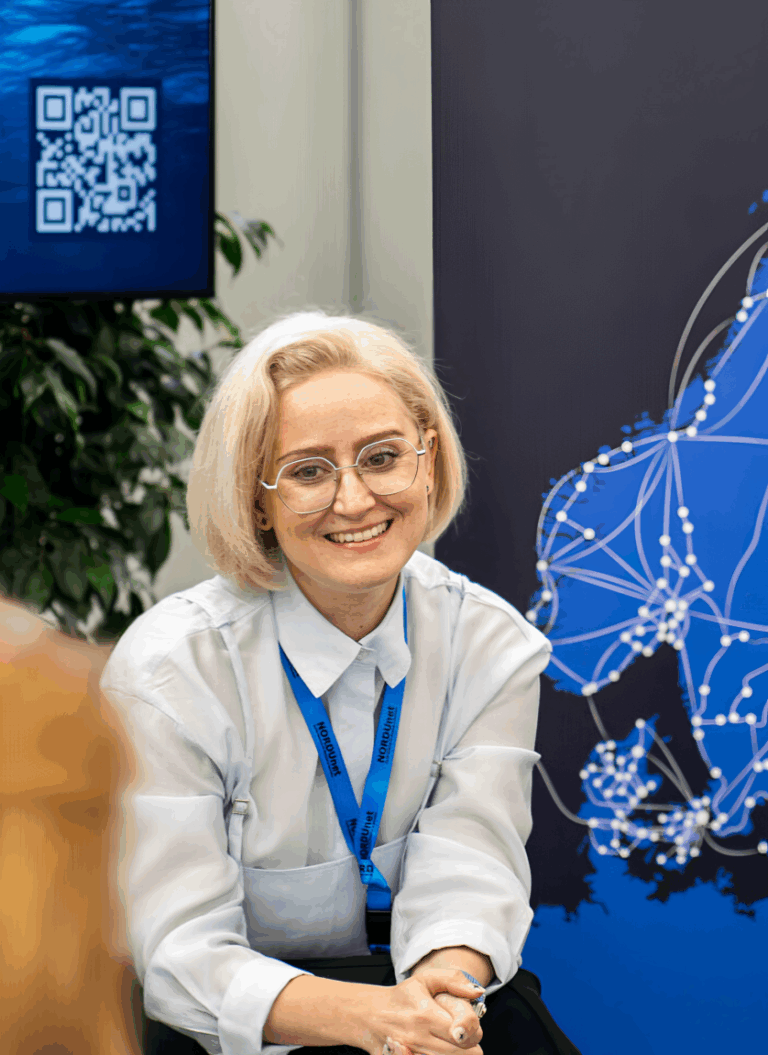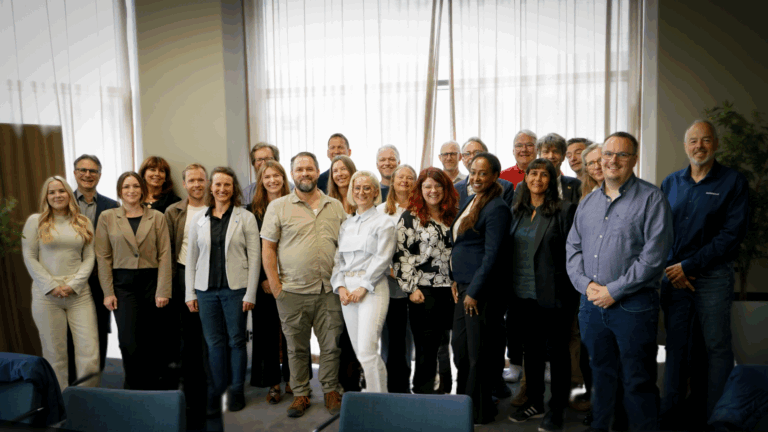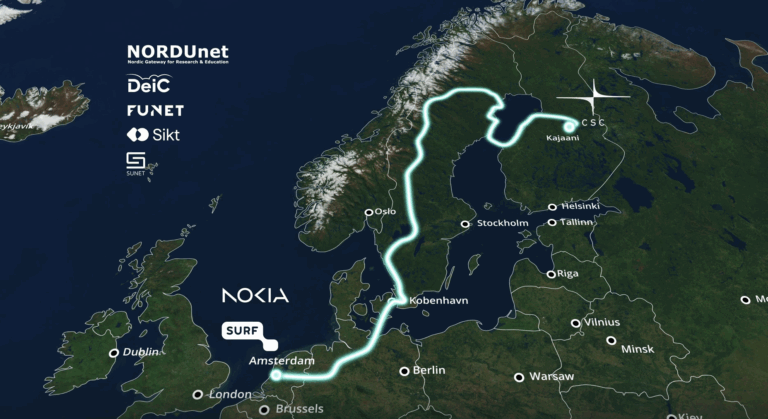Smooth connectivity for Nordic academics
As video-conferencing has become highly popular, the value of fast and reliable connections is obvious. A smooth and easy way to secure this is to download the eduVPN app for when you’re not connected via the NREN network. Since eduVPN started as a project in 20115 at the Dutch research and education network SURF it has been deployed in a number of countries: Australia, Denmark, Finland, France, Germany, Morocco, The Netherlands, Norway, Pakistan, Sri Lanka, Uganda and Ukraine.
But why do delays in sound and video occur? The main reason lies in the various routes which the IP traffic takes in different situations. If a video-conference is hosted by the platform of a commercial ISP (Internet Service Provider), this provider will only transport the signal during the first part of the route. Onwards, the traffic may be passed through the networks of several providers. The user will be unaware of these hand-overs, but will notice them indirectly as delays in communication.
“Every time you introduce another “man-in-the-middle”, you will also introduce additional delay. The longer the distance from the other e-conference participants, the larger becomes the problem. But when you are connected to an NREN, we will take your traffic a long way within our own network,” Lars Fischer explains, adding a recent example:
“The other day I was in a video-conference with colleagues in Australia. Due to the time difference, the meeting was scheduled late in the evening CET time, so I attended from home. As I switched from connecting through my local ISP to the NORDUnet network, the delay in communication immediately fell from 320 ms to 280 ms.”
The reason for the rapid improvement lies in the traffic taking a completely different route. The local ISP was sending the Danish-Australian communication via the United States. NORDUnet and other European NRENs have jointly invested in a 100 GB direct link from London to Singapore. As the Australian NREN AARNet has connected to Singapore, Lars Fischer was able to enjoy a much more direct route for the communication by switching to his NREN connection.
Saving 40 ms may not sound like a lot, but during a long video-conference with many messages going back and forth, the savings ad up and become significant.
“Further, the improvement does not only apply to video conferencing. You will also be able to surf the website of the other party with less delay, and to download data faster. And finally, while some delay cannot be avoided when you communicate over a long distance, at least you obtain a steady level by connecting to the NREN. If you are connected through a commercial ISP, you will often experience jumps in delay time, possibly because the route of the traffic is suddenly shifted. This can be highly disturbing.”
Lars Fischer emphasizes that he is not out to criticize commercial ISPs, they just have another focus.
Read more about eduVPN in its dedicated homepage, and also in the InTheField-blog.












